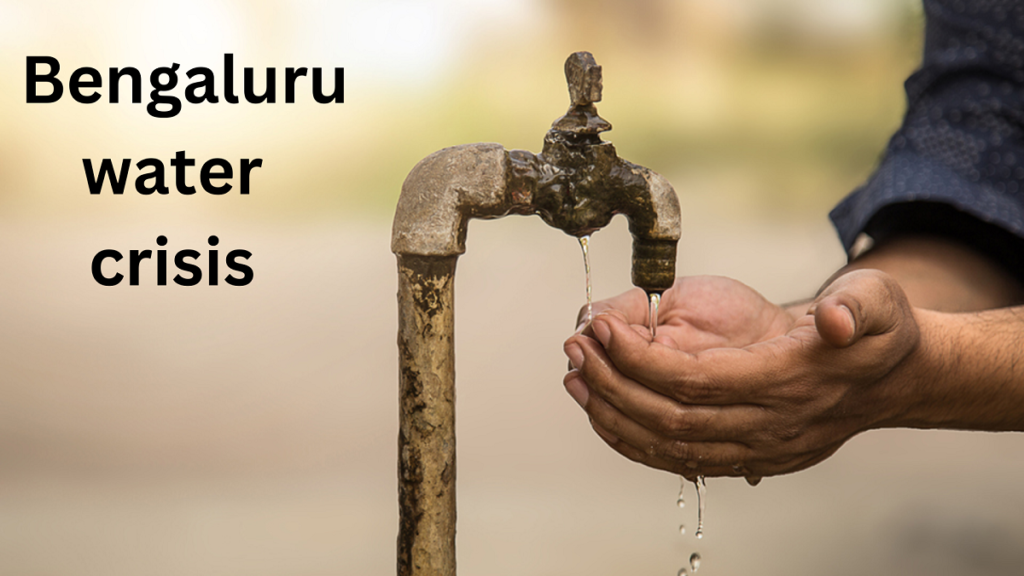Bengaluru, known as India’s Silicon Valley, is currently reeling under one of its most severe water crises in recent memory, forcing institutions and residents to resort to drastic measures to cope with the acute shortage.
In response to the crisis, a coaching center in Vijayanagar and a school on Bannerghatta Road have shifted their operations online for a week, citing the emergency created by the water scarcity. The crisis has been exacerbated by poor rainfall in 2023, a situation attributed to the El Nino effect by the Indian Meteorology Department.
The severity of the situation is evident from the sight of water tankers even at the residences of prominent figures like Karnataka Chief Minister Siddaramaiah and Deputy Chief Minister D K Shivakumar. Shivakumar himself lamented the drying up of the borewell at his residence in Sadashivanagar, despite its proximity to Sankey Lake.
The scarcity has led to a surge in demand for water tankers, with suppliers now charging significantly higher rates, putting additional financial strain on residents. Concerned members of Residents’ Welfare Associations have criticized authorities for what they perceive as inadequate action to alleviate the crisis.
Residents, like Sharaschandra from Uttarahalli, are facing mounting expenses to procure water for their daily needs. With a tanker lasting only five days for his family of six, the monthly expenditure on water alone amounts to a significant sum.
In response to the escalating crisis, Deputy CM Shivakumar, overseeing Bengaluru Development, announced plans to take over private tankers and borewells to meet the city’s water demand. Additionally, milk tankers will be repurposed to supplement water supply. The government is also considering regulating tanker rates to mitigate financial burden on residents.
The situation extends beyond Bengaluru, with a majority of taluks in Karnataka declared drought-hit. The state government has initiated measures such as setting up taluk-level control rooms and helplines to address water-related grievances. Taluk-level task forces have been established to ensure adequate water supply and fodder for livestock.
IMD scientists have noted the persistence of the El Nino effect, which has led to unusually high temperatures, such as the recent recording of 36 degrees Celsius in Bengaluru. The Bangalore Water Supply and Sewerage Board, along with the Bruhat Bengaluru Mahanagara Palike, are under immense pressure to manage water distribution amidst dwindling reserves in the Krishnaraja Sagar Dam.
As Bengaluru grapples with this water crisis, urgent and concerted efforts from both the government and citizens are imperative to mitigate the impact and ensure sustainable water management for the future.

